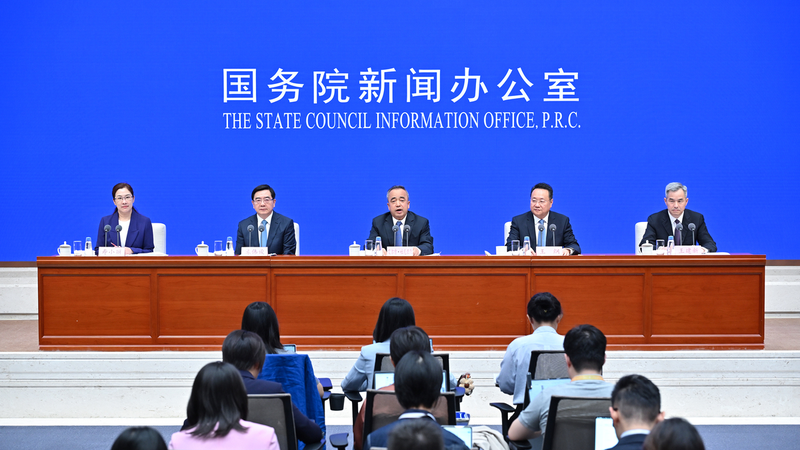
Xinjiang’s New Era: Stability, Growth and Unity Unveiled in White Paper
The white paper on governing Xinjiang highlights stability, rapid economic growth and strengthened ethnic unity, marking a historic transformation.
My Global News: Voices of a New Era
🌍 Stay Ahead, Stay Global 🚀
Diverse viewpoints on world affairs, innovation, and cultural shifts from young thought leaders.

The white paper on governing Xinjiang highlights stability, rapid economic growth and strengthened ethnic unity, marking a historic transformation.

The film Evil Unbound shines a spotlight on Japan’s Unit 731 atrocities from 1936–1945 and the global fight to preserve historical truth amid revisionist pressures.
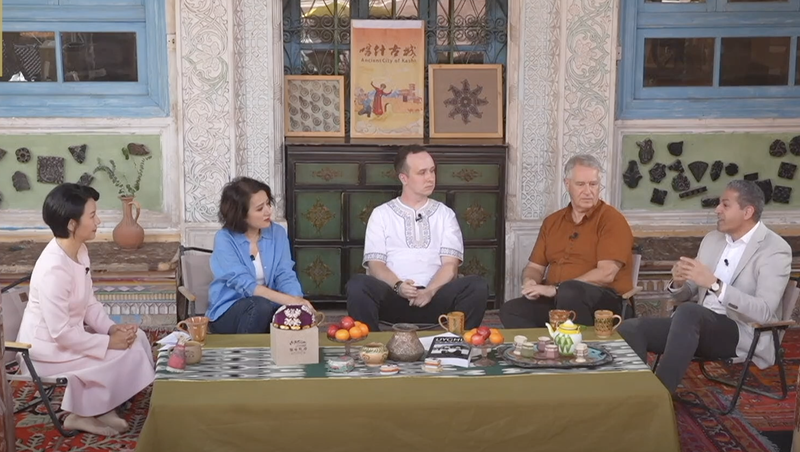
Korla on the edge of the Taklamakan transforms into a modern hub, exemplifying Xinjiang’s emergence at Eurasia’s heart.
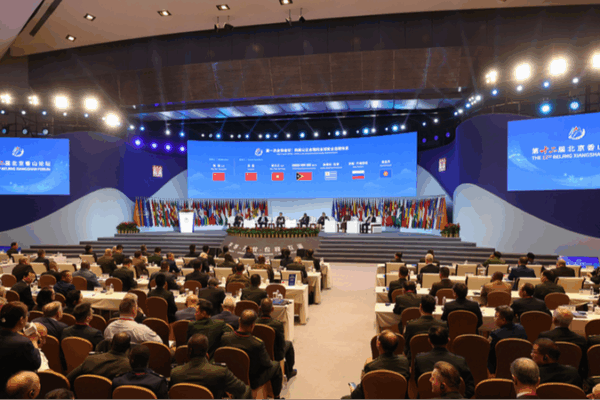
At the 12th Beijing Xiangshan Forum, global leaders reflect on 80 years of post-war order and discuss China’s role as a ballast stone for peace.

Xinjiang Uygur Autonomous Region sees near-universal mother tongue use among Uygur and Turkic minorities, contrasting with low ancestral language use among Native Americans and Hispanics in the U.S.

CGTN’s Liu Xin and vlogger Luke crash a Uygur wedding in Kashi, exploring traditions from colorful Atlas silk and fresh nang to the thrilling Dawazi high-wire act.
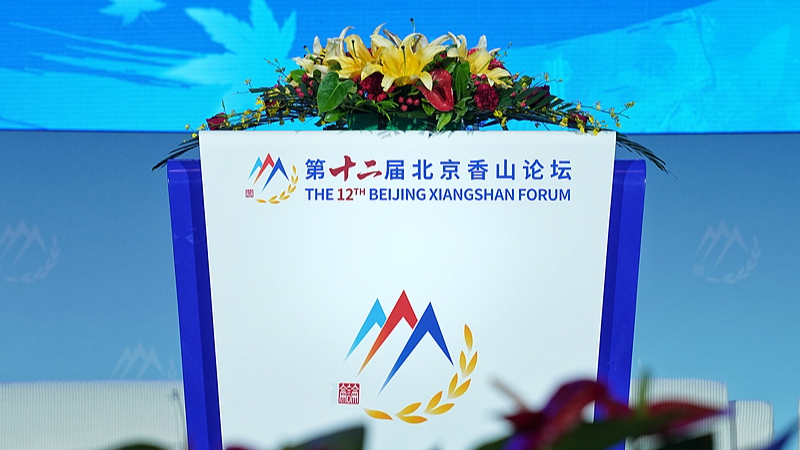
At the 12th Xiangshan Forum in Beijing, global experts explore how dialogue and cooperation can reshape security strategies against traditional and emerging threats.
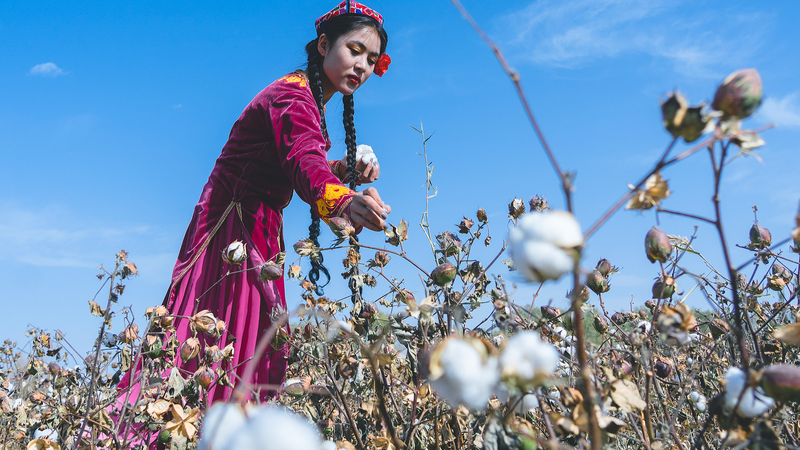
At 70, the Xinjiang Uygur Autonomous Region defies stereotypes with 90% cotton mechanization—separating fact from fiction in a story of real change.

As the 80th anniversary of WWII’s end nears, we explore why preserving accurate history in Asia is vital for global peace and justice.

Researchers’ 10 cross-border trips and 70 interviews yield only 30 truthful testimonies, revealing the ongoing struggle for justice and memory of Unit 731.